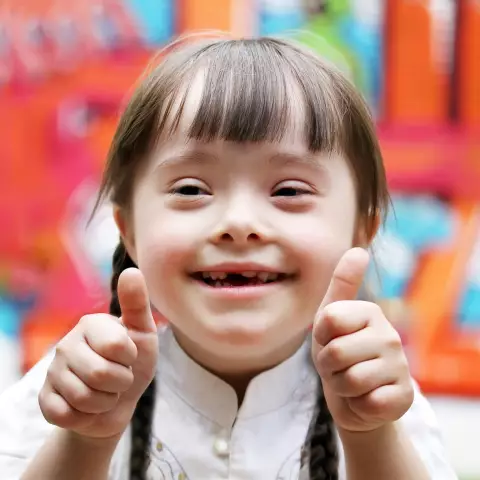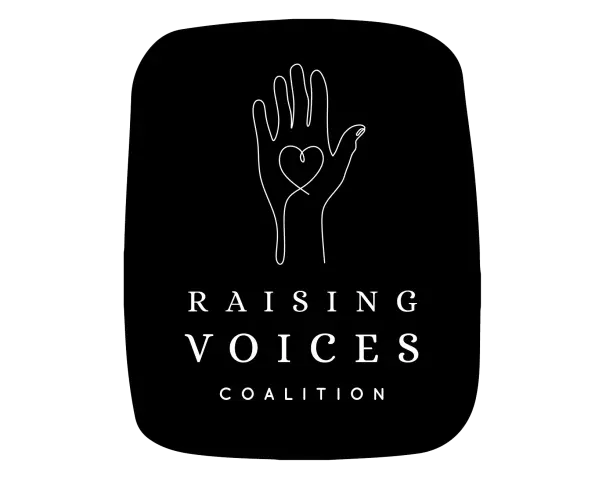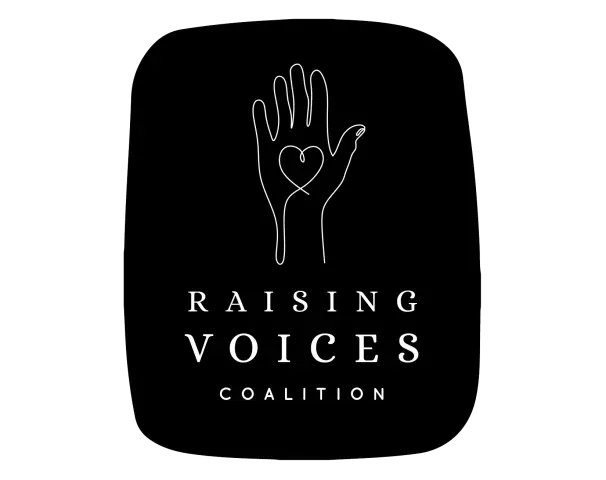- Author Rachel Wainwright wainwright@abchealthonline.com.
- Public 2023-12-15 07:39.
- Last modified 2025-11-02 20:14.
Raising children with disabilities
The upbringing of children with disabilities is a complex process of mental and physical development of a child with sensory, mental, mental, physical disabilities in order to fully integrate him into society.

Modern society adheres to paternalistic views on the problem of children with disabilities, perceiving them as incapacitated, dependent, physically and mentally disabled, as well as disabled members of society, erecting numerous obstacles on the path of their development and formation. The upbringing and education of disabled children is fundamentally different from the approach to the education of healthy children. What are the main aspects of raising abnormal children? What are the main approaches to the personal development of a child with developmental disabilities?
The role of the family in raising children with disabilities and their formation in society
In organizing the process of raising children with disabilities, it is necessary to take into account two main components:
- The nature of violations and deviations in the development of the child;
- Social aspects of the problem.
Modern society is unprepared for normal interaction with children with developmental disabilities. The social solution to the problem of children with disabilities is reduced to their deliberate or indirect isolation from society. This isolation contributes to the awareness of the children themselves of their inferiority and differences from normal children, which affects their psycho-emotional state. The main problems faced by parents of children with disabilities:
- Lack of educational institutions to create full-fledged conditions for the development of children;
- Lack of staff - educators, psychologists, rehabilitation therapists, teachers who can help a child develop the skills and abilities necessary for an independent life;
- Ignoring the correct approaches to raising children with disabilities.
Raising children with disabilities begins in the family. The main mistake made by every family in the process of raising an abnormal child is the actualization of the problem, in other words, the parents' "fixation" on the defect or rejection of the child. So, from early childhood, the parents themselves instill in the child the idea of his inferiority and difference from other children. As a rule, parents try in every possible way to protect and protect the child from the influence of society, peers, so as not to cause him mental or physical injury. The task of parents in the process of raising children with disabilities is to teach the child independence. A child with any disability in physical or mental development can and should become a full-fledged member of society. The upbringing and education of children with disabilities should be aimed at their full integration into society, and not at the actualization of their isolation, which increases their vulnerability in society. A child who copes with his illness, is able to learn and develop with ordinary children, gets more chances for a full life in society. The family should perform a supportive function in the upbringing of children with disabilities, teaching them to cope with everyday tasks, taking into account their physical and mental characteristics. A dependent on adults, dependent child with disabilities is obviously less likely to become successful in society.able to learn and develop together with ordinary children, gets more chances for a full life in society. The family should perform a supportive function in the upbringing of children with disabilities, teaching them to cope with everyday tasks, taking into account their physical and mental characteristics. A dependent on adults, dependent child with disabilities is obviously less likely to become successful in society.able to learn and develop together with ordinary children, gets more chances for a full life in society. The family should perform a supportive function in the upbringing of children with disabilities, teaching them how to cope with everyday everyday tasks, taking into account their physical and mental characteristics. A dependent on adults, dependent child with disabilities is obviously less likely to become successful in society.a dependent child with disabilities is obviously less likely to become successful in society.a dependent child with disabilities is obviously less likely to become successful in society.
To raise children with disabilities, you must:
- Creation of an atmosphere of calmness, mutual understanding and mutual assistance in the family;
- Assisting the child, not limiting his actions;
- Perception of the child as he is, without exaggerated requirements for him. However, parents must be persistent, observe the regularity of classes, and involve specialists in the education process.
The main goals of the education and training of children with disabilities
The upbringing of children with disabilities is not limited to their placement in specialized educational institutions. The upbringing and education of disabled children begins in the family, where the child must acquire the basic skills and abilities to ensure his life without assistance, taking into account his mental and physical disabilities. As a rule, in families with disabled children, the prevailing method of upbringing is overprotection, when the child is as limited as possible in actions, and family members take on his functions. Thus, the child's physical activity is limited in order to avoid injury, his social activity is limited in order to avoid mental trauma caused by peers. Families, like society in general, position children with disabilities as sick, focusing on their developmental disabilities,differences from healthy children. Excessive custody and isolation from peers provokes in the child a fear on a subconscious level of being rejected, rejected by a full-fledged society. Another mistake in raising children with disabilities in a family is ignoring speech and movement defects and errors, which will later turn into an insurmountable problem.
The main goal of raising children with disabilities in a family is the formation of a full-fledged independent personality and a member of society, capable of self-improvement, self-development, and self-realization. Positioning a disabled child as a sick person is a gross mistake of parents, provoking a breakdown in the child's psyche, as well as laying down wrong values, concepts about the world and the surrounding society. Each parent must understand that modern society is devoid of the empathy that the child is surrounded by in the family. A sharp transition from overprotection to a misunderstanding of peers can provoke a closure in oneself, the development of internal complexes and contradictions, an unwillingness to develop and improve.
Mental and physical education of abnormal children
Abnormal child - a child with significant deviations in mental or physical development, requiring special conditions for upbringing and development, providing compensation and correction of his deviations.

The upbringing of abnormal children should not focus on their deviation from the norms of physical and mental development. The process of raising children with disabilities requires a special approach. The upbringing of children with disabilities in the family should not differ from the usual process, however, parents should also perform an auxiliary function taking into account the child's deviations. A responsible stage of upbringing is an educational institution where the child will receive assistance from qualified specialists. Psychologists believe that a child acquires basic knowledge in the first 7 years of life, then there is an improvement and augmentation of basic abilities. The same principle works for children with developmental disabilities.
The correct organization of the upbringing process, the positioning of a disabled child as a full-fledged member of society significantly increases his chances of full social integration.
Found a mistake in the text? Select it and press Ctrl + Enter.






